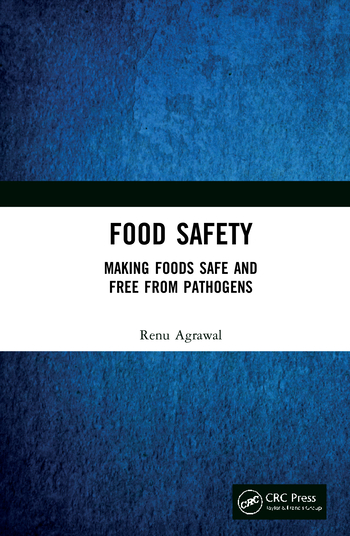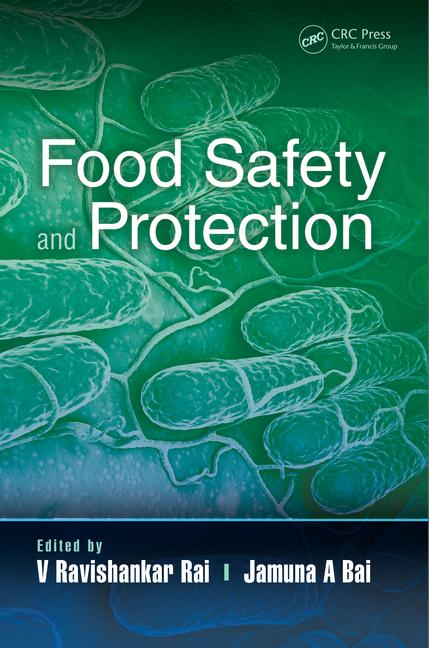A Proven Solution to Fresh Produce Safety Challenges

The problem: With public health outbreaks from E. coli O157:H7, Salmonella and Listeria in fresh produce becoming more frequent, Washington is calling for tighter food safety laws and Ecolab, a world leader in premium commercial cleaning and sanitizing, is answering (www.ecolab.com).
The solution: Tsunami® 100. Tsunami 100 is the only EPA-registered antimicrobial water additive for produce that reduces pathogens in fruit and vegetable process water. It is registered to reduce up to 99.9% of the pathogens Escherichia coli O157:H7, Listeria monocytogenes and Salmonella enterica in process water for fresh-cut, further processed, and post-harvest fruit and vegetable processing water systems.
“Health standards involved in fresh produce processing are becoming more and more stringent as consumption of fresh produce by health-conscious consumers rises to an all time high,” said John Tengwall, vice president of marketing for Ecolab’s Food & Beverage Division. “We’re proud to be leading the way in meeting the challenge these new standards pose to the fruit and vegetable processing industry by providing solutions like Tsunami 100 to help ensure that fresh produce is clean, fresh and delicious.”
In addition to attacking pathogens, Tsunami 100 will also help extend the shelf-life of fresh-cut and processed fruits and vegetables by controlling the spoilage effect caused by other non-pathogenic organisms on the surfaces of fruits and vegetables.
Tsunami 100 is a single product, ready to feed directly from the shipping container, and does not require pH control, precursor chemicals or on-site generation equipment, making it easier and less capital and labor intensive to use. It does not require rinsing, and has low reactivity with organics and soils in process wash waters, making it easier to maintain a consistent dosage for microbial control.
Tsunami 100 will not place extra demands on waste water systems, such as pH excursions and effluent concerns related to chlorine by-products. Tsunami 100 is not for use to control microorganisms on hard surfaces such as tanks, lines, or flume surfaces or food processing equipment.
Tsunami 100 is a versatile product that be successfully applied in all major steps, including multi-stage flumes, chill tanks, coolers and washing in fresh cut, post harvest and further processed facilities.
Growing Concerns
Up until now the U.S. Food and Drug Administration (FDA) has only offered voluntary food safety guidelines for produce sanitation, an approach Washington is calling “insufficient.” Several senators are calling for the establishment of a joint task force to assess the recent outbreaks and suggest legal changes to prevent future problems.
According to the Center for Science in the Public Interest (CSPI), in 2002-2003, Salmonella outbreaks in produce surpassed poultry-related outbreaks, sickening hundreds at a time. The outbreaks were traced back to lettuce, salads, melons, sprouts, tomatoes and other fruit and vegetable containing dishes. Earlier this year, E. coli O17:H7 contaminated spinach killed three and sickened more than 200 in the U.S., and within the last few months, 169 people have been sickened by fresh produce from a popular fast food restaurant. Finally, to make the statistics even more convincing, the CPSI issued a report last year stating that fresh produce triggered 554 outbreaks, sickening 28,315 people, and of those 554 outbreaks, 111 were Salmonella related.
The Big Question
With increasing outbreaks and the possibility of stricter laws for the produce industry, is your company prepared to meet the coming challenges?
 There is no single step that can guarantee the microbial safety of fresh produce. Care must start on the farm or in the orchard with Good Agricultural Practices (GAPs), including control of fertilizer, irrigation water, and worker hygiene. Hygiene is particularly important, not only on the farm, but throughout the food distribution chain.
There is no single step that can guarantee the microbial safety of fresh produce. Care must start on the farm or in the orchard with Good Agricultural Practices (GAPs), including control of fertilizer, irrigation water, and worker hygiene. Hygiene is particularly important, not only on the farm, but throughout the food distribution chain.
Water is a known contributor to fresh produce contamination, and water used for transport ice and processing wash procedures must come from a safe supply and be protected from potential contamination. Cleaning and sanitization are absolutely essential to help prevent cross-contamination from the field, transport containers and processing equipment.
Multiple interventions using a variety of good employee practices and effective antimicrobial product application steps will significantly help reduce the risk of foodborne illness in produce processing. With diligent controls in place, including the use of Tsunami 100 from Ecolab, fresh and wholesome produce can be enjoyed by all.
www.ecolab.com
Looking for a reprint of this article?
From high-res PDFs to custom plaques, order your copy today!






